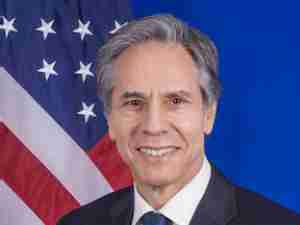Hugo Boss to restrict new stores to top global cities
By: Reuters | Nov 24 2015 at 03:34 PM | International Trade
German fashion house Hugo Boss said Chinese and U.S. markets will remain challenging in 2016 and it will restrict new store openings to top global locations as it expands its more profitable online business.
After averaging 100 new store openings annually over the past five years, the company said it will now probably open between 10 and 15 stores a year, mostly in premium locations like London's Regent Street and New York's World Trade Center.
China remains the biggest opportunity for the group but tough conditions there, and in the United States where a strong dollar is hurting tourists' spending, will keep a lid on sales growth next year, Chief Executive Claus-Dietrich Lahrs said.
"The focus on being in the right position in the most important cities in the world is reinforced," Lahrs told a presentation for investors, adding that rents for top locations in Shanghai to Paris were rising.
"Second-tier regional hubs will lose interest for our industry long term," he added, a trend reinforced by the rise in ecommerce which Hugo Boss expects will keep growing at double-digit rates.
Hugo Boss used to sell most of its sharp men's suits wholesale through outlets like department stores, but it now operates more than 1,100 stores. Its own retail, which includes ecommerce, now accounts for 64 percent of sales, still shy of a target of 75 percent set for 2020.
The group will keep investing heavily online and plans to take ecommerce logistics in-house in mid-2016 and integrate the business more closely with its stores, such as allowing online orders to be collected and returned to stores.
As the online operation is more profitable than stores, that investment should eventually help margins, it said, although it will only reach its 2020 target for a core earnings margin of 25 percent if the overall market recovers.
Hugo Boss predicted 2016 sales growth would be below its long-term target for a high single-digit annual increase as it continues to suffer from weakness in the United States and China.
In China, it will try to further narrow price premiums with other Asian markets and improve cost efficiency in 2016.
The group said its U.S. business was being hurt by weaker tourist spending and restrained consumer spending, prompting high levels of discounting, which Hugo Boss wants to avoid as it seeks to protect its upmarket brand.








